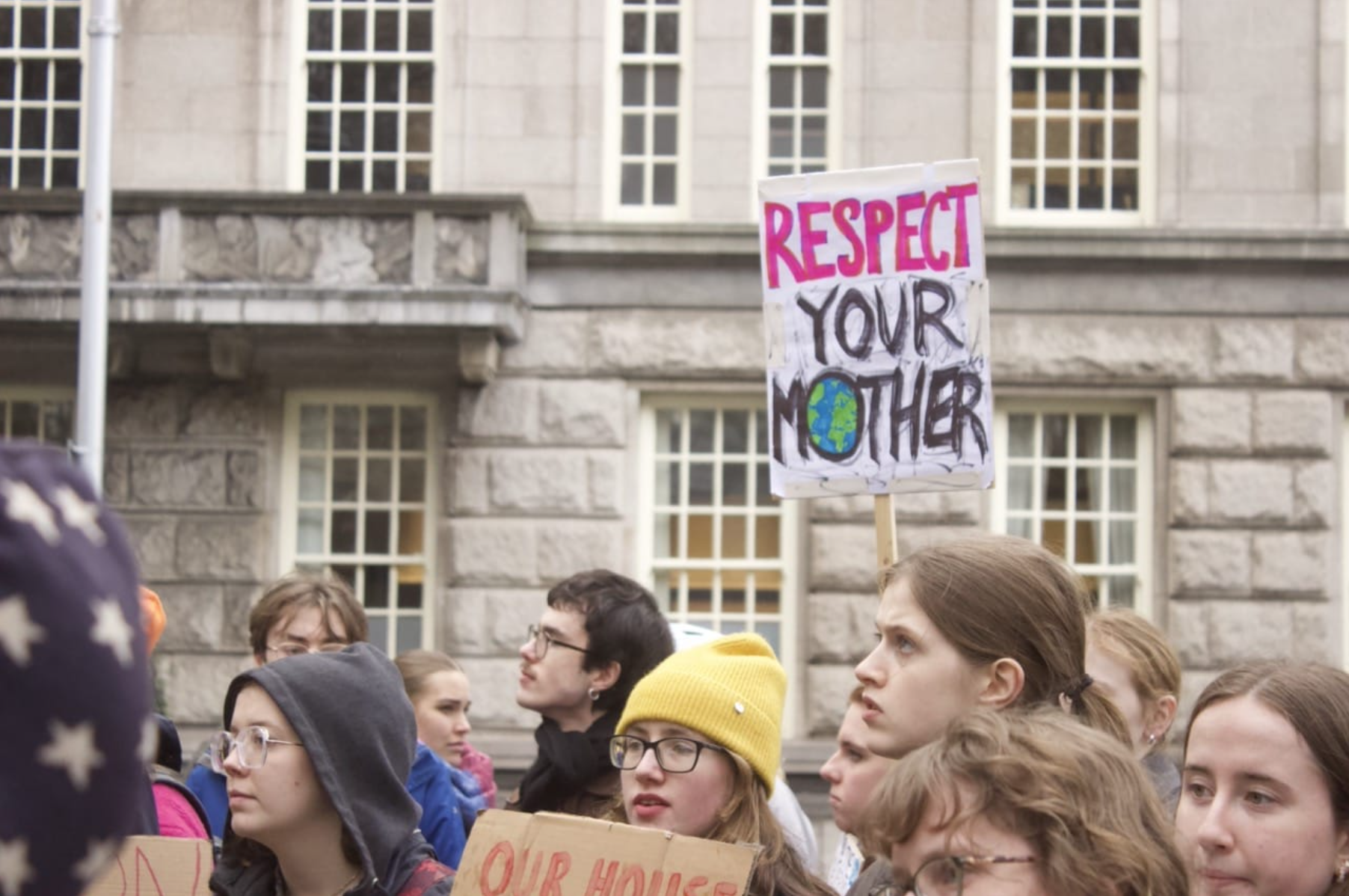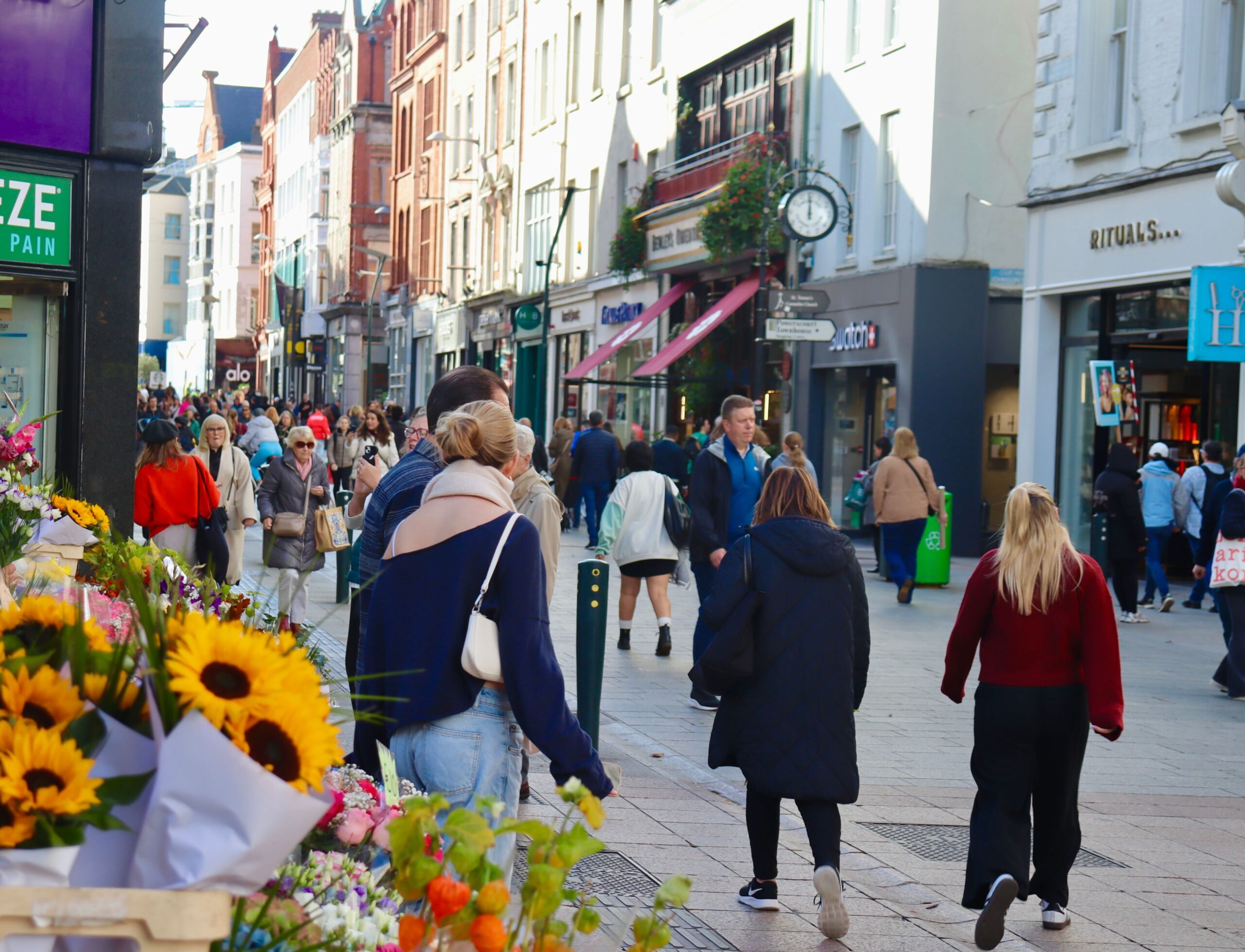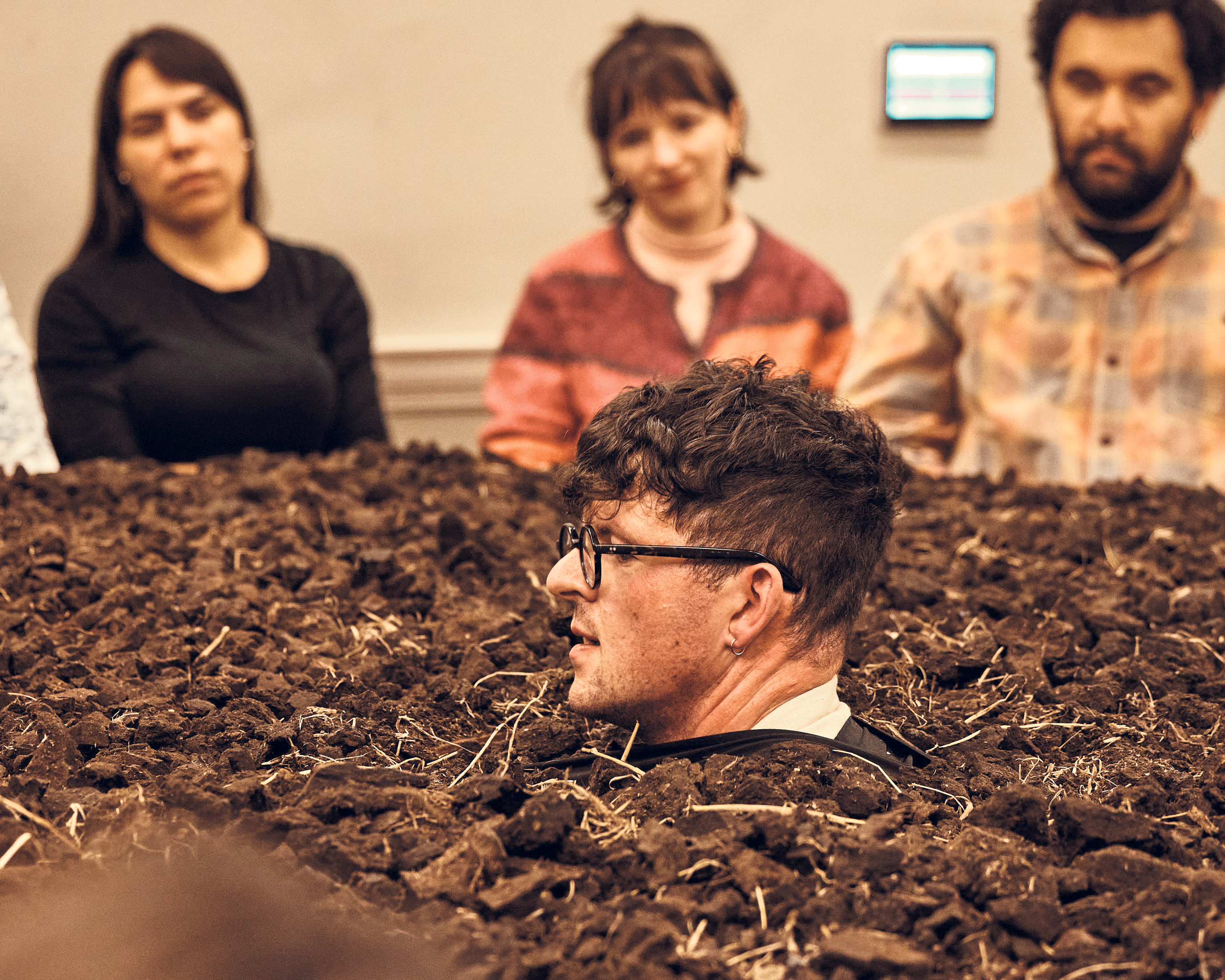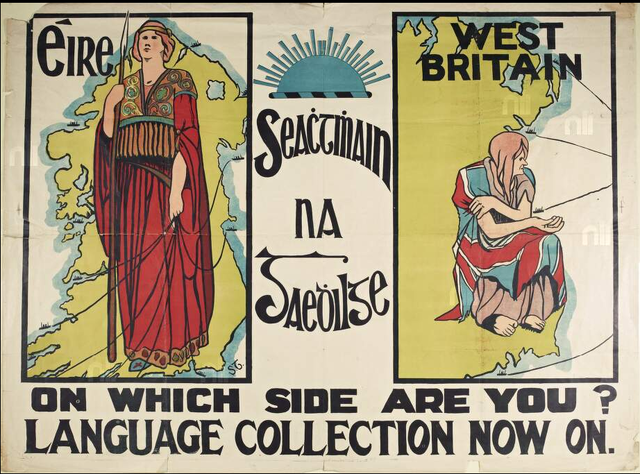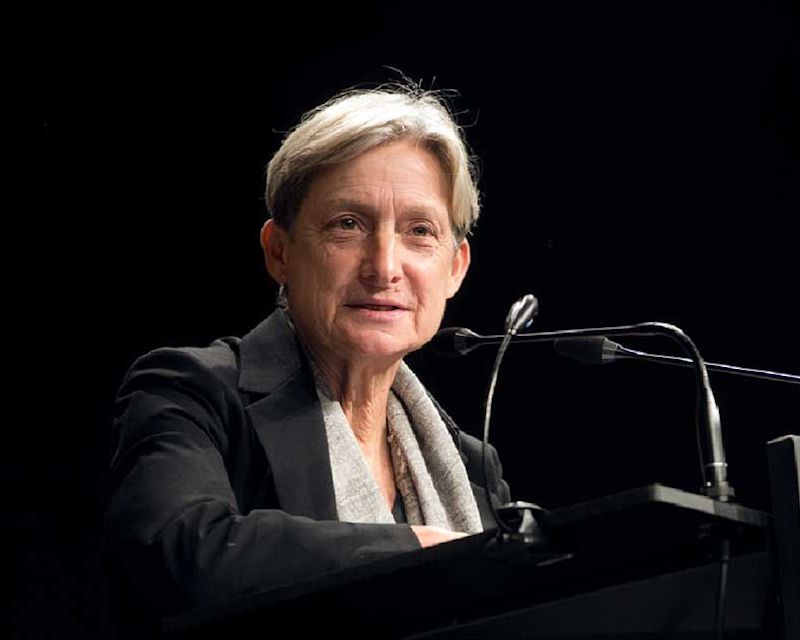
On Monday evening, the Dublin University Philosophical Society (the Phil) awarded gender theorist and feminist philosopher Judith Butler the Gold Medal of Honorary Patronage. Butler, renowned for their 1990 book Gender Trouble, in which they developed the theory of “gender performativity”, last visited Trinity College in 2015 to discuss vulnerability and resistance. The honorary patronage complemented some 12 honorary degrees that they have already received.
Joining the Phil via Zoom, Butler began by thanking the society for the honour and stressing the importance of continued discussion in “a time of potentially widening solidarities”. Zoom, which was once an unconventional way to host such a ceremony, could provide a new method of communication to assist in “the building of a world less violent and more liveable”, said Butler. Although they aren’t on social media, they view it as beneficial in “helping to cover and mobilise issues that mainstream media won’t”.
President of the Phil, Kate Maher began by asking Butler what lessons people can learn from the pandemic. Butler discussed our “renewed, escalating” relationship with capitalism, amid debates about who will profit from the vaccine and who will receive it first. “Global interdependence”, they said, has been recognised as communities are stepping forward to help those in need in the face of “inadequate services provided by so many states”.
Butler then moved on to the question of mourning, or “grievability”. They quoted Freud, saying: “In order to mourn, we have to acknowledge what is lost.” Public recognition, Butler said, is necessary in order to mourn the lives we lost this year and acknowledge what their deaths meant, personally and collectively.
The pandemic, according to Butler, has also called into question the meaning of freedom. For Butler, when our freedom impedes on another’s safety, we must remember that we are “social creatures bound to each other” and should assume a sense of collective responsibility to protect each other.
Maher went on to ask about maintaining morale in today’s often discouraging political climate. “We fight”, Butler answered. While it is easy to get “bogged down on individual issues”, Butler warned not to lose sight of the broader picture. “What kind of world do you want to live in?”, they asked.
This big-picture-thinking is especially relevant in the context of “trans-exclusionary radical feminism”, Butler said. The theorist described the phenomenon as a “constructed moral panic” and a “falsifying framework” that a vocal minority are “attempting to portray as reality”.
A recurring issue addressed in the talk was the legacy of Donald Trump’s presidency on gender and race relations in America. Butler explained that the population must first attempt to recover from “state violence and white supremacy”, noting that there is “a great deal to learn from the legacies of non-violent resistance”.
While Donald Trump’s loss is a victory for the feminist movement, Butler emphasised that the elimination of misogny, homophobia and racism is an ongoing process. “We are in perpetual struggle”, they said, adding that these ideologies will always be present – the question is whether or not social movements and elected officials can convey to the broader public that their world vision is the right one.
Butler reminded those discouraged by a centrist or right-leaning governments that change can happen beyond electoral politics. Making reference to increasingly successful campaigns such as the Black Lives Matter and prison abolition movements, they reiterated that mass mobilisation can produce change as effective as legislation. “I have faith in social movements to make the change”, said Butler, leaving progressive attendees with a sense of hope for the future.

